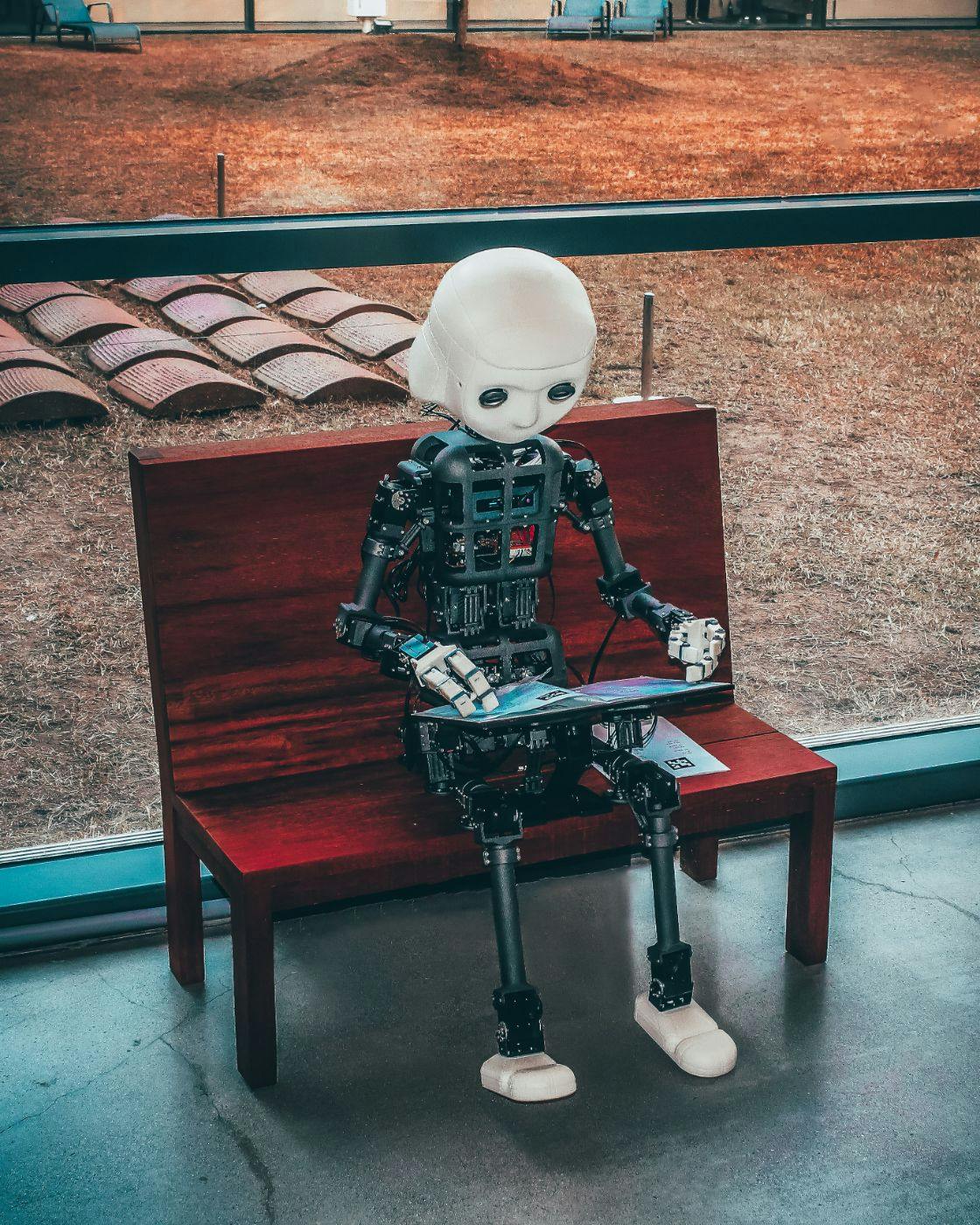Audio Presented by

I'm a public policy professional and consultant writing about public policy, technology, finance, and cryptocurrency.
About Author
I'm a public policy professional and consultant writing about public policy, technology, finance, and cryptocurrency.
